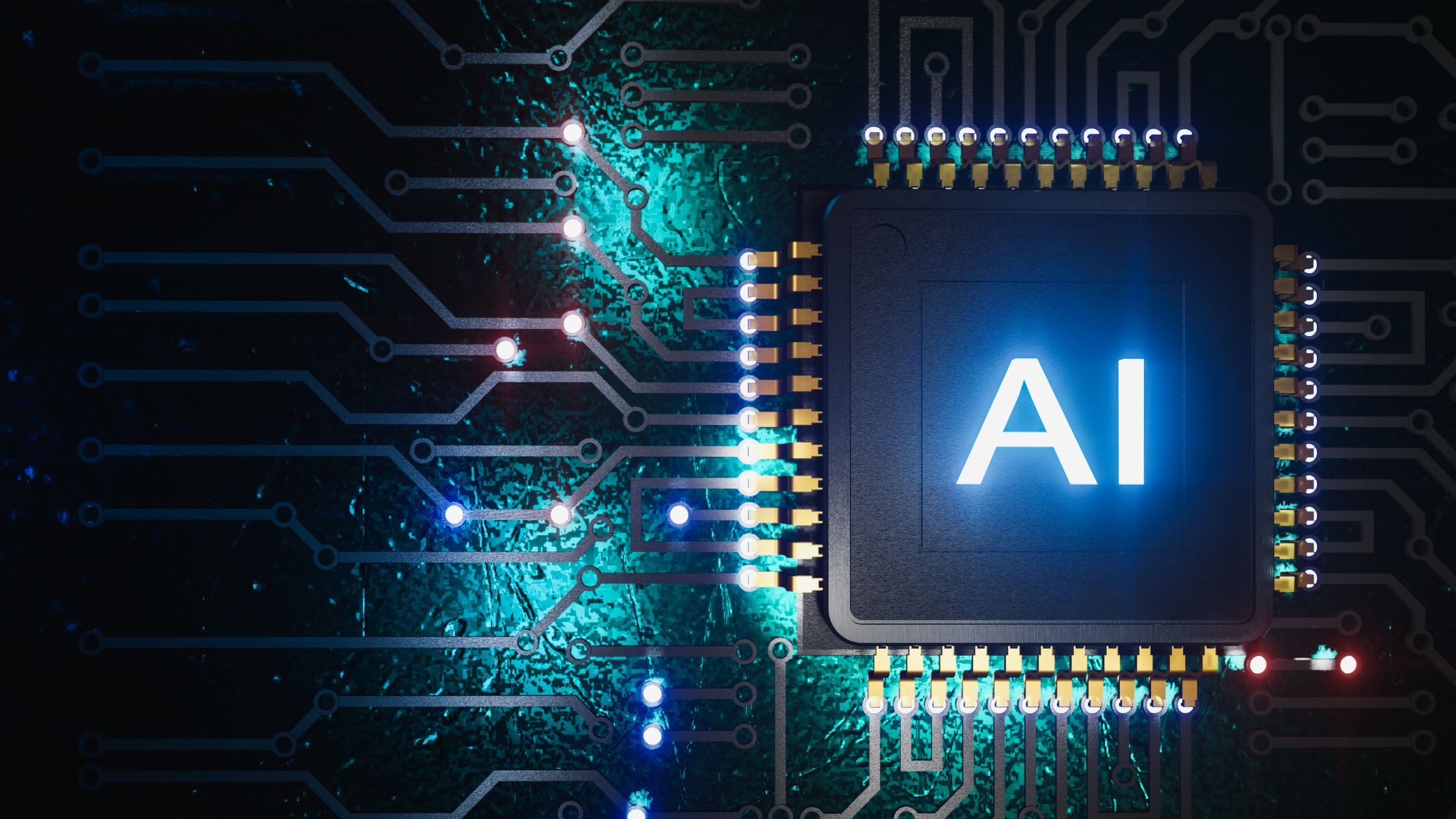
How Has AI Implementation Transformed Maintenance Management?
The modern industrial world is striding towards an era where innovation and cutting-edge technology adoption play a decisive role to gain a stronghold on the market of opportunities. The efficiency and reliability that these technological advancements bring to the table were once unimaginable. Maintenance management, a crucial component of industries, has undergone a revolutionary transformation with the integration of artificial intelligence (AI). Nexcilo, our advanced maintenance management tool leverages AI to simplify and optimize maintenance operations.
The Evolution of AI in Maintenance Management
Artificial intelligence, once a futuristic concept, is now a pivotal force in various industries, including maintenance and reliability. According to statistics around 43% of companies are actively implementing or planning to implement AI soon, highlighting the industry’s shift towards automation. The advancements in AI have made significant strides in how maintenance is planned, executed, and managed. This transformation is particularly evident in the realm of predictive maintenance.
AI-Powered Preventive Maintenance
The Shift from Reactive to Predictive Maintenance
Traditional maintenance strategies, such as reactive and preventive maintenance, have inherent limitations. Reactive maintenance, which involves fixing equipment after it fails, often results in unplanned downtime, higher costs, and increased stress on the workforce. Preventive maintenance, on the other hand, involves servicing equipment at scheduled intervals, which can lead to unnecessary maintenance activities.
AI-powered predictive maintenance revolutionizes this approach by leveraging machine learning algorithms and sensor data to predict equipment failures before they occur. By analyzing historical data and real-time sensor inputs, AI models can identify patterns and anomalies that indicate potential issues. This proactive approach offers numerous benefits, including reduced downtime, lower costs, and extended equipment life.
Benefits of Preventive Maintenance
- Reduced Downtime: Preventivemaintenance allows for the early detection of potential issues, enabling maintenance teams to address problems before they lead to equipment failure. This minimizes unplanned downtime and ensures that maintenance activities are scheduled during non-peak hours, reducing operational disruptions.
- Cost Savings: Early detection of issues prevents major breakdowns, saving costs on repairs and replacements. Additionally, condition-based maintenance ensures that equipment operates optimally, extending its lifespan and reducing the need for frequent replacements.
- Optimized Resource Allocation: AI-driven maintenance management systems can analyze historical data, equipment usage patterns, and production schedules to generate optimal maintenance plans. This ensures that maintenance activities are performed at the right time with minimal disruption to operations.
AI-Driven Condition Monitoring
Condition monitoring involves continuously tracking the health of machinery using various sensors and diagnostic tools. AI enhances this process by providing deeper insights and more accurate diagnostics. Advanced AI algorithms can process vast amounts of data from vibration sensors, temperature sensors, and acoustic sensors to monitor the condition of equipment in real-time.
One significant advancement is the integration of deep learning models that can understand complex patterns and relationships within the data. These models improve the accuracy of fault detection and diagnosis, enabling maintenance teams to take timely actions and prevent failures.
Automated Maintenance Scheduling
Effective maintenance scheduling is crucial for minimizing downtime and optimizing resource allocation. AI-driven maintenance management systems can automate the scheduling process by analyzing historical maintenance data, equipment usage patterns, and production schedules. These systems can generate optimal maintenance plans, ensuring that maintenance activities are performed at the right time with minimal disruption to operations.
Moreover, AI can dynamically adjust schedules based on real-time data and changing conditions. For instance, if an unexpected issue is detected in a critical piece of machinery, the AI system can prioritize its maintenance and adjust the schedule accordingly.
AR for Maintenance Assistance
Augmented reality (AR) combined with AI is transforming the way maintenance technicians perform their tasks. AR provides technicians with real-time, hands-free access to technical information, manuals, and guided procedures through wearable devices or smartphones. AI enhances this experience by offering context-aware assistance, such as fault diagnosis, step-by-step training and guidance, and remote assistance.
Inventory Management and AI
Efficient inventory management is essential for maintenance operations, ensuring that the right parts and tools are available when needed. AI algorithms helps analyze usage patterns, historical data, and supply chain dynamics to optimize inventory levels. This can help in reducing stockouts, minimizing overstock, and optimizing procurement.
Enhancing Safety and Compliance
AI enhances safety and compliance in maintenance operations by monitoring adherence to safety protocols and regulations. AI-powered systems can analyze data from various sources, such as equipment sensors and worker activity logs, to ensure that safety standards are met. This proactive approach helps in identifying potential safety hazards and ensuring compliance with industry regulations.
Conclusion
The integration of AI in maintenance is transforming industries by leading to smarter, more efficient, and cost-effective maintenance practices. From predictive maintenance and condition monitoring to automated scheduling and augmented reality assistance, AI is driving significant advancements in maintenance management. As AI technology continues to evolve, we can expect further innovations that will enhance the reliability, safety, and efficiency of maintenance operations across various sectors.
At Nexcilo, we are committed to harnessing the power of AI to revolutionize maintenance management. Our CMMS solutions are designed to help asset management organizations, facility management organizations, and commercial service contractors achieve unparalleled efficiency and reliability in their maintenance operations. The future of maintenance is not just about fixing things when they break but about anticipating and preventing issues before they arise, and AI is at the heart of this transformation.




